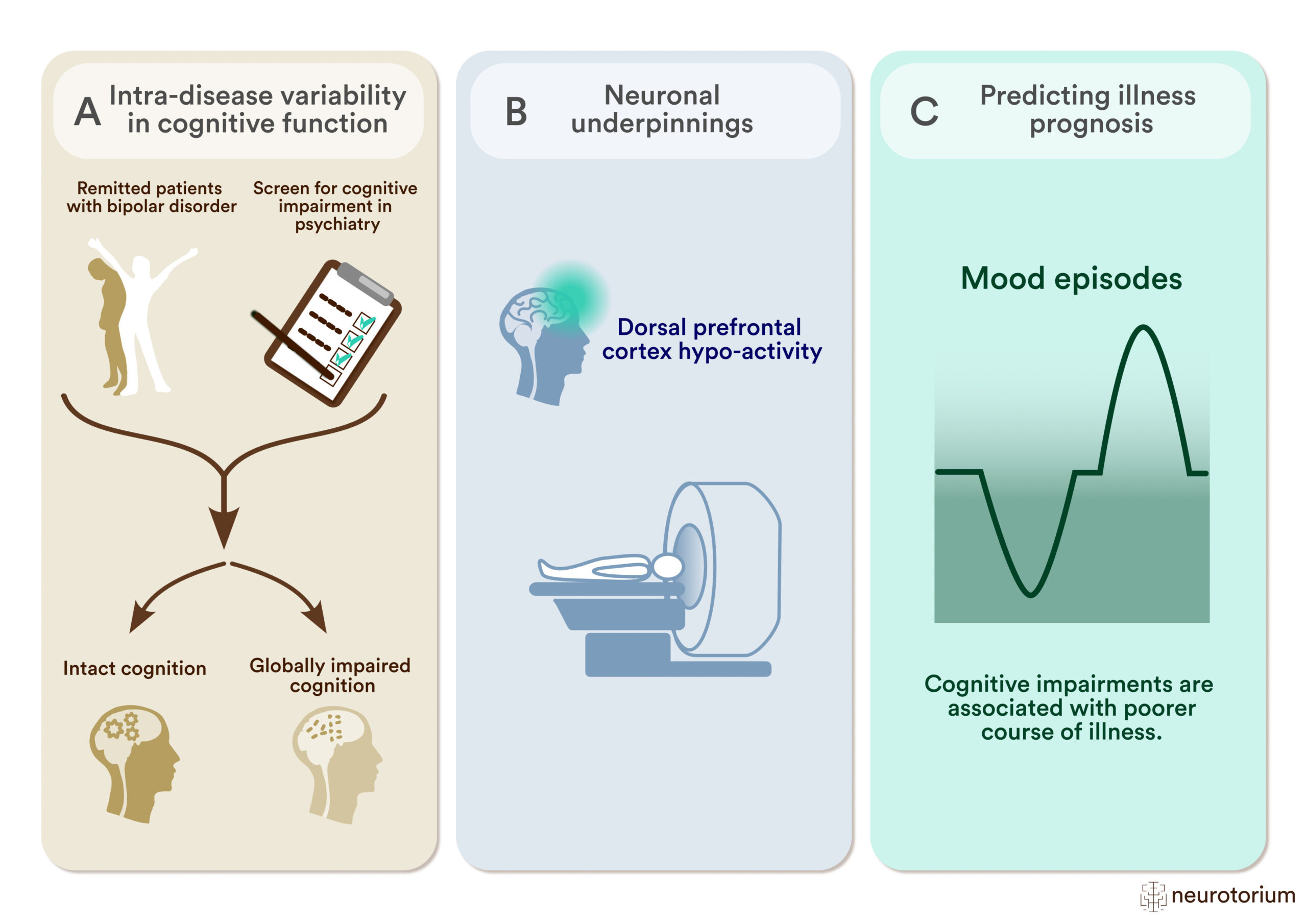Multimodal machine learning aims to combine different data types in a single predictive model. This may improve the predictive performance of the model if the different data types contribute independent information for a given prediction task. Furthermore, it can give deeper insight into biological mechanisms relevant for illness or therapeutic response. This may guide therapeutic development and facilitate the identification of patient subgroups for which a given illness or treatment-associated signature is of particular relevance.1,2





